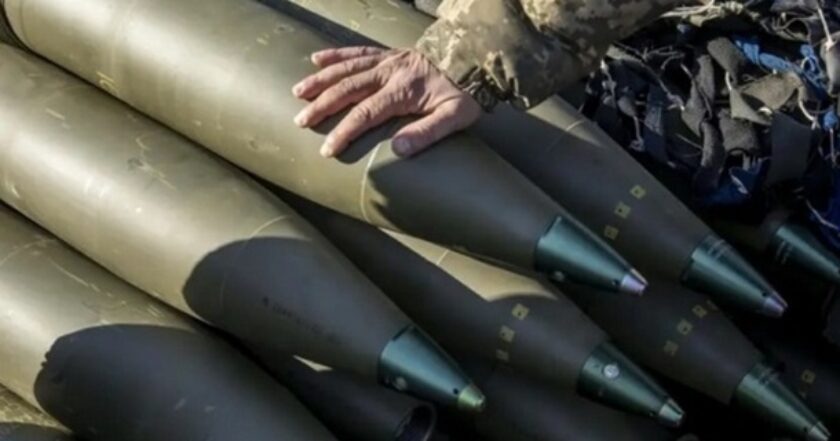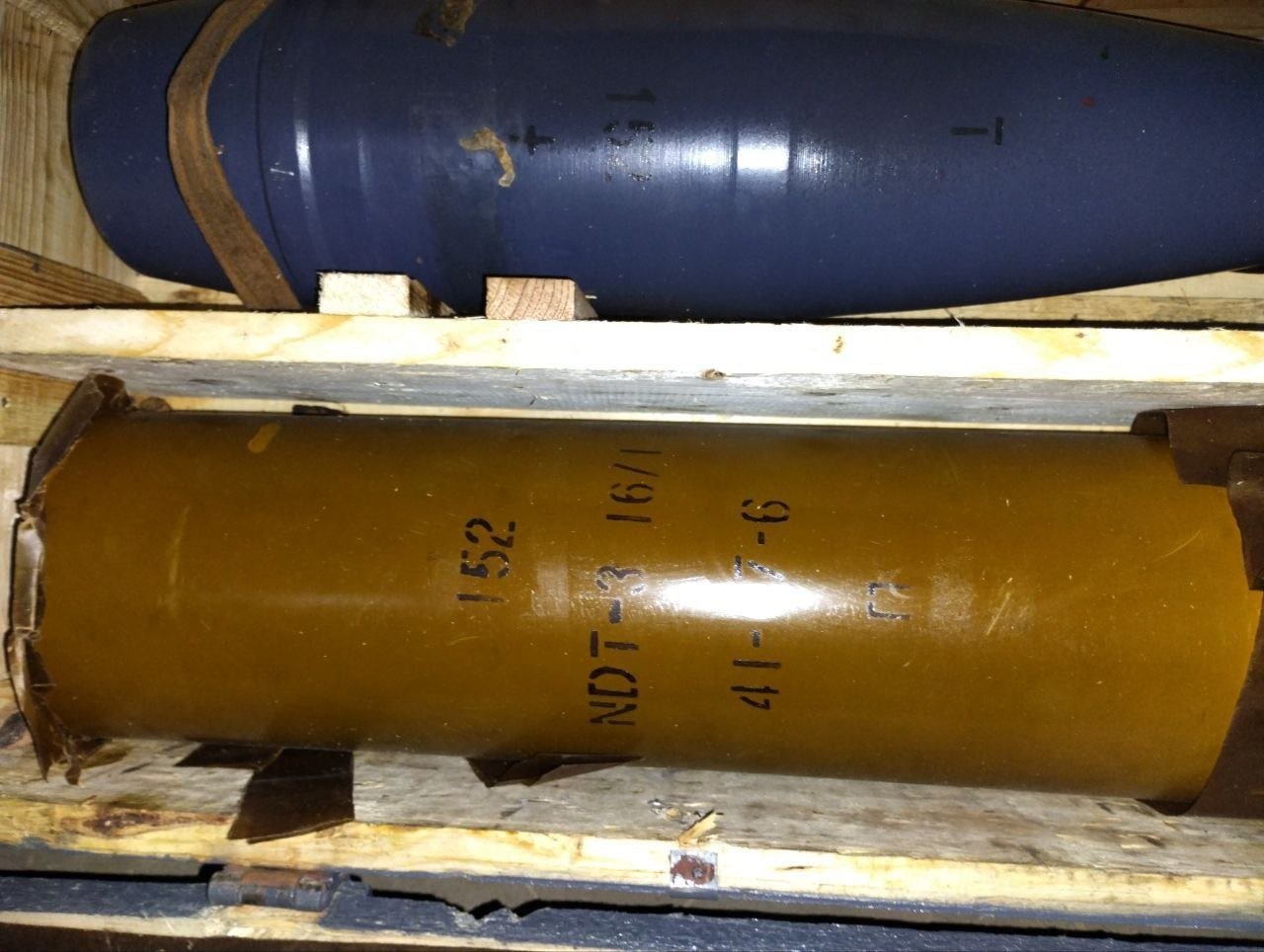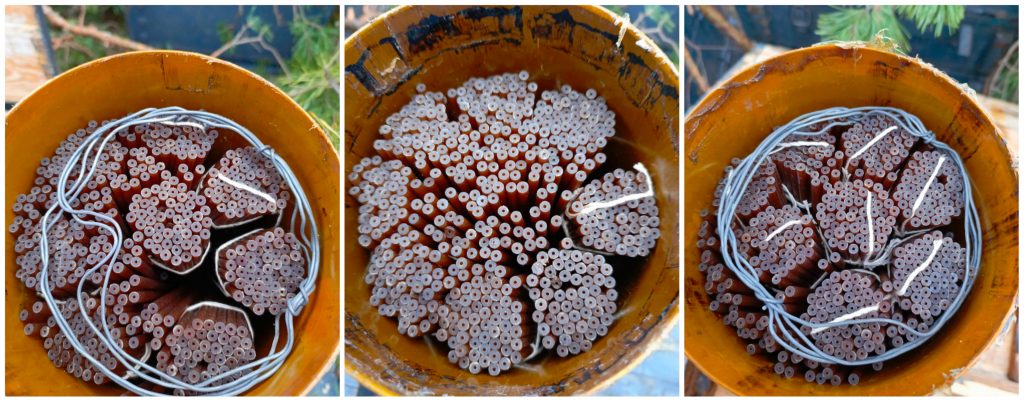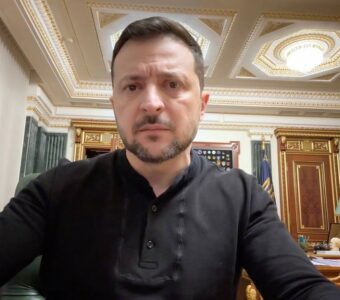Russian troops "dissatisfied" with quality of supplied North Korean artillery shells

Photo: Narciso Contreras/AA/picture alliance
Russian artillerymen began to complain about the quality of shells supplied by North Korea, with lead wires being stolen on spot.
Back in October, North Korea sent more than 1 million artillery shells to Russia. Deliveries began in August of this year, according to Bloomberg sources.
Ants Kiviselg, head of the Estonian Defense Intelligence Center, noted that Russia has four million artillery shells, which is enough for a year of low-intensity warfare.
Ukraine Weapons Tracker analysts claim the Russian military received 122-mm and 152-mm artillery shells.
 DPRK 122-mm artillery shells supplied to Russia. October 2023. Photo: Ukraine Weapons Tracker
DPRK 122-mm artillery shells supplied to Russia. October 2023. Photo: Ukraine Weapons Tracker
These shells are suitable for use with Soviet-made artillery systems.
Now the Russian invaders are complaining that the range of Korean shells differs from each other.
In this regard, Russian artillerymen decided to test the NDT-3's 152 mm projectile charges by selecting 5 random Korean shells with the same markings.

Comparison of different NDT-3 propellant charges for 152 mm artillery shells in the Russian army. December 2023. Photo: Russian Telegram channel
Metal charges do not always contain a separator in the form of a coil of lead or tin wire, which is designed to remove copper from the gun barrel that has settled from the leading belt of the projectile.
The charges also have obvious differences in powder color, which indirectly indicates the difference in its combustion.
Some of the shell casings show signs of opening the sealing caps, that could have led to moisture ingress, which affected the quality of the powder.

NDT-3 projectile charge for 152 mm artillery shells in the Russian army. December 2023. Photo: Russian Telegram channel

NDT-3 projectile charge for 152 mm artillery shells in the Russian army. December 2023. Photo: propaganda Telegram channel
Artillerymen suggest that the following factors may affect the difference in the range of the DPRK-supplied shells:
- alternating presence/absence of a spacer, which causes a difference in the strength of resistance to the passage of the projectile through the barrel channel
- different quality of the powder due to the violation of sealing and subsequent improper storage;
- uneven amount of powder in the charges is possible.
On September 13, North Korean leader Kim Jong Un and Russian dictator Vladimir Putin met in Russia to discuss military cooperation. Prior to that, Western media reported on the DPRK's intentions to transfer artillery stocks and weapons to Russia in exchange for technology.
The Economist claims that Pyongyang has been supplying Moscow with artillery ammunition and Katyusha missiles for most of the year.
US National Security Adviser John Kirby said that North Korea had provided Russia with one thousand containers of military equipment and ammunition amid the war in Ukraine.
The United States, Japan and South Korea have already confirmed and condemned the supply of weapons from the DPRK to Russia.


















































